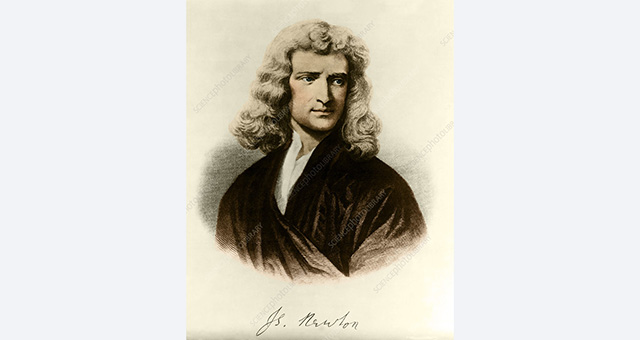Sir Isaac Newton: A Genius Who Transformed Science
Born: January 4, 1643 (December 25, 1642, Old Style)
Died: March 31, 1727
Nationality: English
Field: Physics, Mathematics, Astronomy, Natural Philosophy
Sir Isaac Newton was one of the most influential scientists in history. His groundbreaking discoveries in physics, mathematics, and astronomy laid the foundation for classical mechanics and shaped modern science.
Early Life and Education
Isaac Newton was born in Woolsthorpe, Lincolnshire, England. He lost his father before birth and was raised by his grandmother. In 1661, he entered Trinity College, Cambridge, where he immersed himself in the study of mathematics and natural philosophy.
Major Contributions
Laws of Motion and Universal Gravitation: Newton formulated the three fundamental laws of motion and the law of universal gravitation, explaining the motion of objects and the force that governs planetary orbits.
Calculus: Independently developed the mathematical discipline of calculus, around the same time as German mathematician Gottfried Wilhelm Leibniz.
Optics: He conducted experiments on light and color, showing that white light is composed of the full spectrum of colors.
Principia Mathematica (1687): His seminal work, Philosophiæ Naturalis Principia Mathematica, remains one of the most important scientific books ever written.
Later Life and Legacy
Newton became the President of the Royal Society and was knighted by Queen Anne in 1705. He also served as Warden and later Master of the Royal Mint. Newton passed away in 1727 and was buried in Westminster Abbey.
His legacy continues to inspire scientists, mathematicians, and thinkers around the world. Sir Isaac Newton is remembered not only as a pioneer of science but as a symbol of intellectual brilliance and curiosity.
✅Sources
Encyclopaedia Britannica
NASA – Newton Biography
The Royal Society – Isaac Newton
Isaac Newton Institute for Mathematical Sciences

